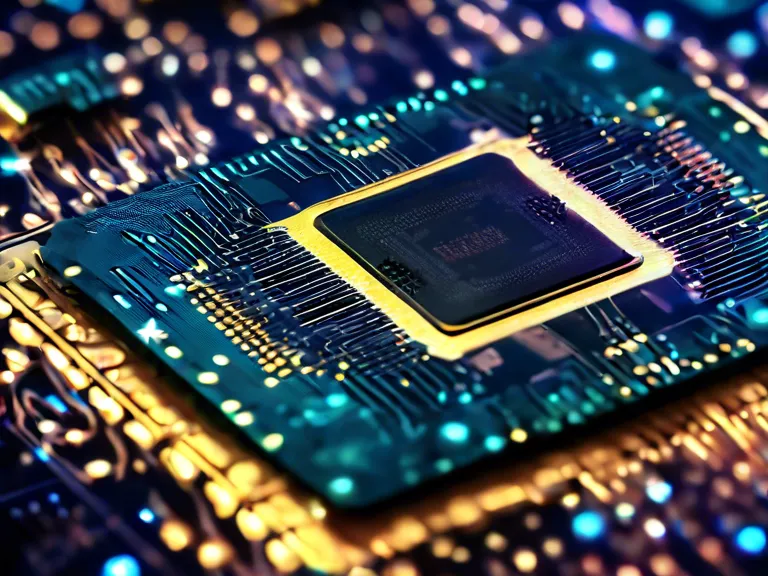
In recent years, geopolitical tensions around the globe have had a significant impact on the semiconductor industry. As countries engage in trade wars, impose sanctions, or limit access to critical technologies, the future of semiconductor technology is being reshaped. These geopolitical issues not only affect the supply chain and production of semiconductors but also impact research and development, technological innovation, and the global competitive landscape.
One of the key ways in which geopolitics are influencing the semiconductor industry is through restrictions on the export of critical technologies. For example, the United States has imposed restrictions on the export of semiconductors and other technology to certain countries, particularly those viewed as strategic rivals. This has led to disruptions in the supply chain and forced companies to reassess their sourcing and manufacturing strategies.
Geopolitical tensions have also fueled a new wave of nationalism and protectionism in the semiconductor industry. Countries are increasingly focused on achieving self-sufficiency in semiconductor production to reduce their dependence on foreign suppliers. This has led to investments in domestic semiconductor manufacturing capabilities and the creation of policies to promote indigenous semiconductor industries.
Furthermore, geopolitical tensions have raised concerns about cybersecurity in the semiconductor industry. As countries engage in cyber warfare and espionage, the security of semiconductor technologies has become a top priority. Companies are investing in developing secure and resilient semiconductor products to protect sensitive data and intellectual property from cyber threats.
Despite these challenges, geopolitics also present opportunities for the semiconductor industry. As countries seek to build up their domestic semiconductor capabilities, there is potential for new collaborations and partnerships in research and development. Companies that can navigate the geopolitical landscape and adapt to changing regulations and trade policies will be well-positioned to thrive in the future.
In conclusion, geopolitical tensions are playing a significant role in shaping the future of semiconductor technology. Companies in the industry must be aware of the geopolitical risks and opportunities and develop strategies to navigate this complex landscape.



